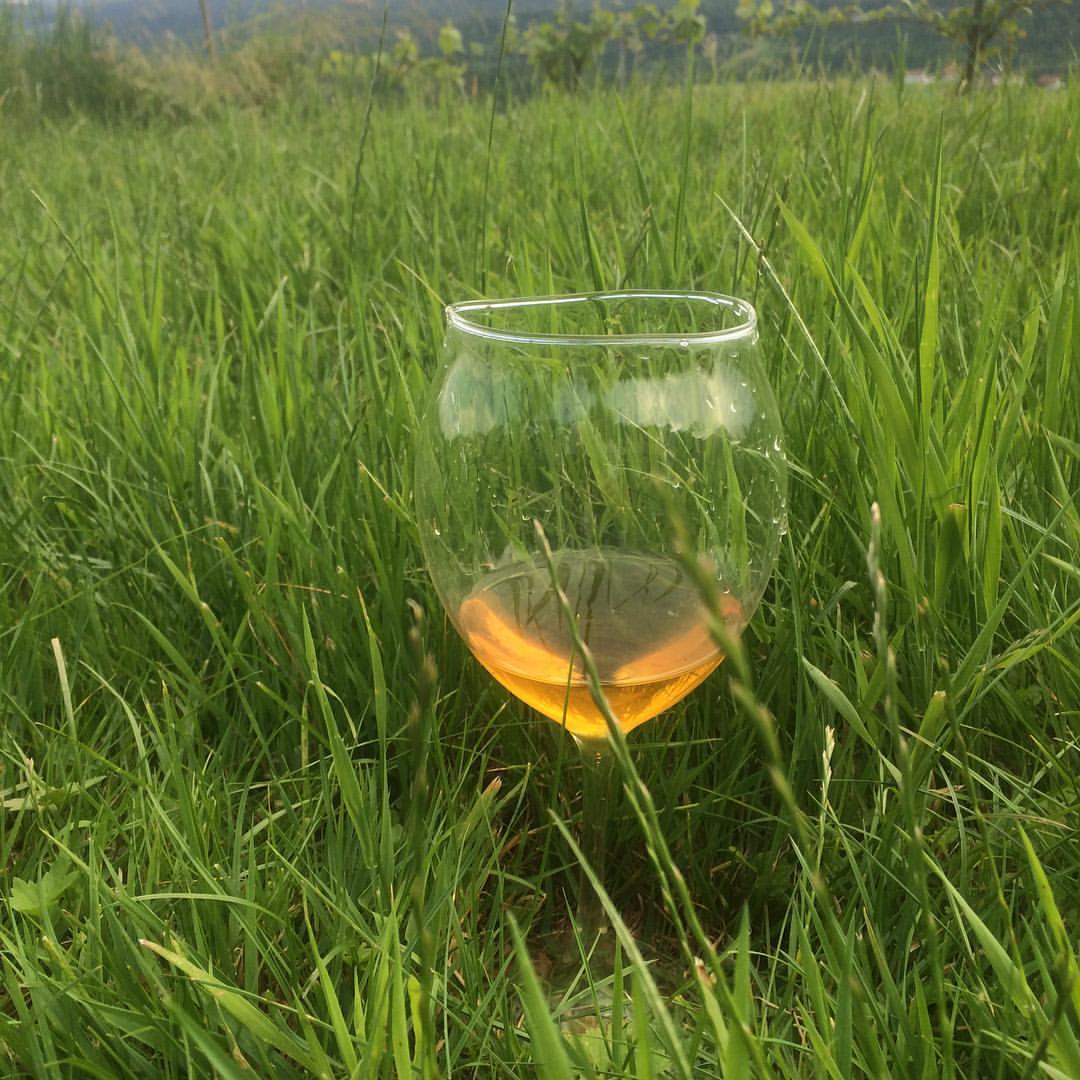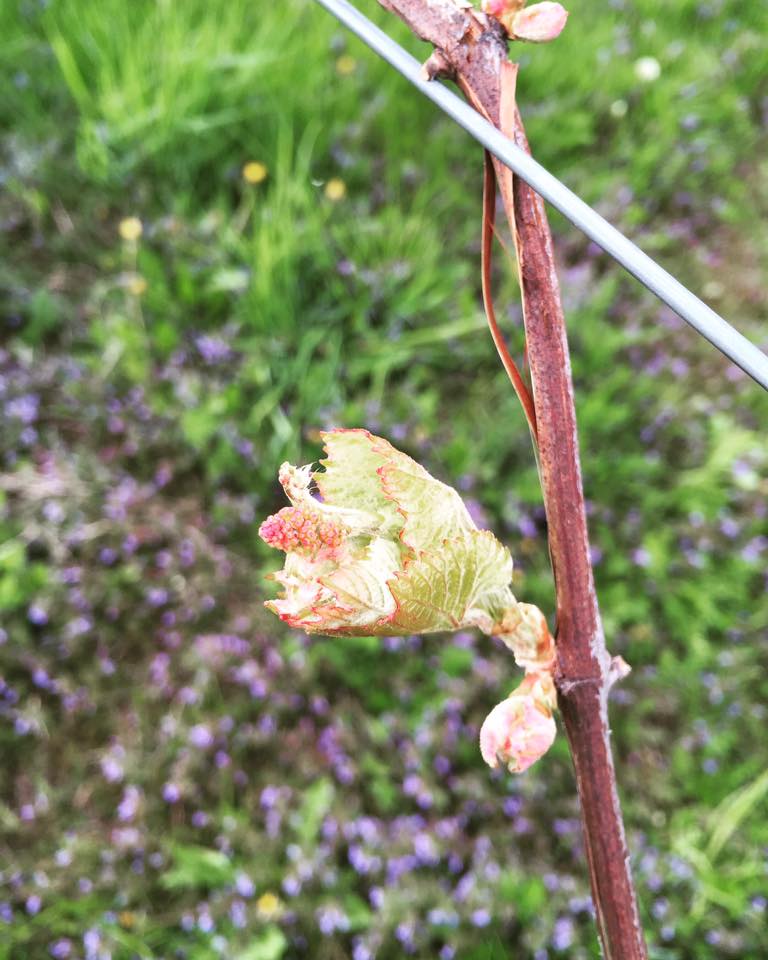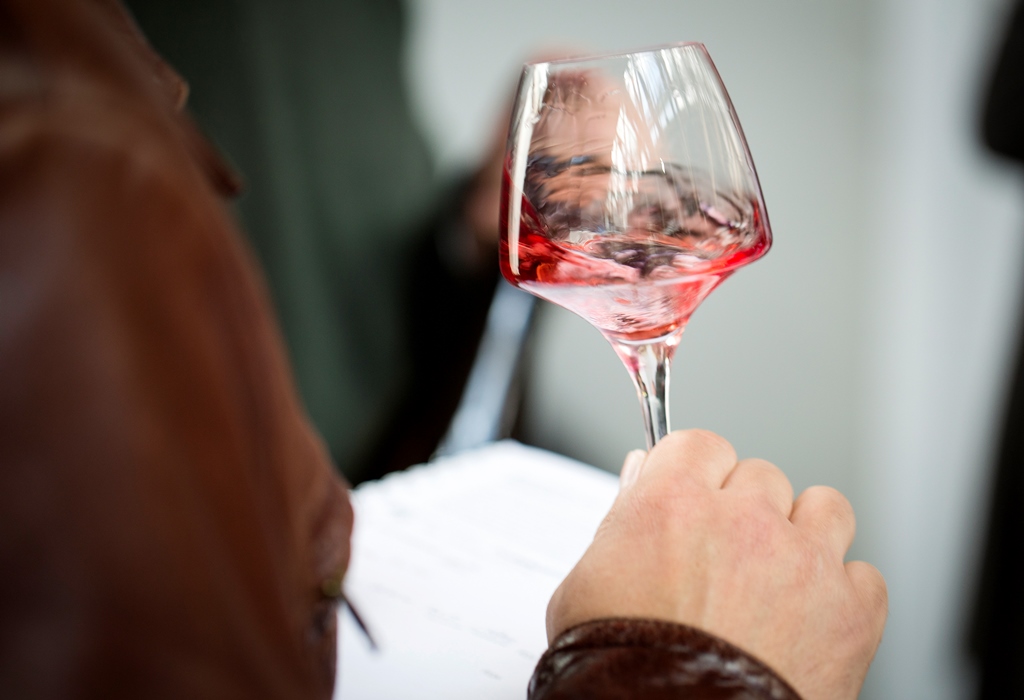I proffer this as a thought – wine possesses its greatest value when it is made with love and for love, when it is made with all humility, when it is drunk with all humility, when it is shared (obviously) and when it yields a therapeutic, socially liberating effect. That when it is sensuously provocative it releases our imagination and transports us to highly realised places and times and significant occasions in our lives.

Christopher Hitchens in Hitch-22: A Memoir, observed:
“Alcohol makes other people less tedious, and food less bland, and can help provide what the Greeks called entheos, or the slight buzz of inspiration when reading or writing. The only worthwhile miracle in the New Testament—the transmutation of water into wine during the wedding at Cana—is a tribute to the persistence of Hellenism in an otherwise austere Judaea. The same applies to the seder at Passover, which is obviously modelled on the Platonic symposium: questions are asked (especially of the young) while wine is circulated. No better form of sodality has ever been devised: at Oxford one was positively expected to take wine during tutorials. The tongue must be untied. It’s not a coincidence that Omar Khayyam, rebuking and ridiculing the stone-faced Iranian mullahs of his time, pointed to the value of the grape as a mockery of their joyless and sterile regime. Visiting today’s Iran, I was delighted to find that citizens made a point of defying the clerical ban on booze, keeping it in their homes for visitors even if they didn’t particularly take to it themselves, and bootlegging it with great brio and ingenuity. These small revolutions affirm the human.”
Affirm the human indeed. It’s nice to abandon logic (to be an uncritic, as it were) and the habit of mind that would “murder to dissect” (to quote Wordsworth) wine and to go with one’s tastes and with what one feels. So many of our responses are mediated through the thick gauze of criticism that we utterly neglect the hedonic, sensuous appeal of the wines in favour of brute diagnostics. Wine is to be shared after all. “Fan the sinking flame of hilarity with the wing of friendship; and pass the rosy wine”, as Dick Swiveller said.
Wine which is made to please the critics, to score points in competitions and to be awarded medals the better to hawk that wine, or a wine that is thoroughly denatured because nature could not be compelled/was not on message, may have value in the acquisitive (or quantitative) commercial sense of the word. Arising from a self-conscious activity, it is created and objectified.

The Beauty Myth

People rarely talk about beauty because it is not something that can be calibrated; also that it is considered effete and part of the snobbery of wine that a select few may appreciate its aesthetic appeal, whilst to others wine is booze – pure and simple. The two approaches, however, are not mutually exclusive.
Perhaps the real reason why we don’t talk about beauty and wine is that we don’t sufficiently credit the poetry of the process, wherein the rhythms and inflections of nature are channelled to form a unique language. Nature doesn’t do art or science apparently. The professional vogue for chemical analysis and dissective terminological exactitude strips away its mystery, uncoupling wine from nature by reducing the liquid to the enumeration of its molecular compounds. Wine is product, and a product has purpose, which is a utilitarian way of looking at it, yet wine can also evoke responses that contradict the narrowness of such a purpose.
Those who believe that wine may possess some rarefied quality seek out and exalt its transfiguring qualities. Their view is that wine is made, not by the artisan, but by a kind of scientist-artist, and is designed to be elevated and elevating. The intentional, or unintentional, consequence of this is to make the wine desirable as an object (and thus objectify it), to detach and distance the person who is experiencing the wine so that they may appreciate how profound and unique their experience is. And even this appreciation may be rendered in a numerical format as the wine is scored on supposedly objective criteria.
Such a wine loses a sense of its natural origin because it is made and marketed to conform to a style, tracking the palates of opinion-formers. It is a form of pleasing architecture rather than the rock and soil on which that construct is built.
Conversely one may see the wine as the result of natural transformations; just as music, art or poetry are the distillations of raw emotion and thought into sounds, pictures and words, so wine is the aggregated fermented transformation of weather, geology, yeasts, fruit, minerals into… living liquid. This is life transmuted into a different form of life.
It is one thing to articulate this transformation, another to superimpose on the raw materials and end up overmedicating the wine. Impositions are always judgement calls –benign interventions to prevent spoilage, decay and death. Transformations may be natural – guided by humans yet aiming to minimise the human imprint or steering the wine in such a manner that the natural “impression” of the wine emerges most strikingly. We may characterise this as responsive or empathetic winemaking – listening to and understanding the needs of the vines and the grape juice.
Breaking the perfect code

And then we can talk about the counsel of imperfection, the idea that wine should be true to itself in all its cracked glory. This relates to the notion of wabi-sabi, an aesthetic centred on the acceptance of transience, described as one of beauty that is “imperfect, impermanent, and incomplete”. If an object or expression can bring about, within us, a sense of serene melancholy and a spiritual longing, then that object could be said to be wabi-sabi. Referring to the loneliness of living in nature, remote from society it connotes rustic simplicity, freshness or quietness, and can be applied to both natural and human-made objects. It can also refer to quirks and anomalies arising from the process of construction, which add uniqueness and elegance to the object. Applied to wine this aesthetic celebrates the pleasing uncertainty, simplicity and elegance that only nature can endow and the vigneron can “let be”. This could also be described as the tone of the vintage and the voice of the terroir and the kind of fragile distinctiveness that you find in very special wines.

Wine to calm our spirits and send our thoughts into beautiful repose. Wines to jolly us along. Wine to set hares running in our minds. These wines always come from a place and from a person. They are gifts and ought to be received with the same generosity of spirit as impelled them to come to life.

